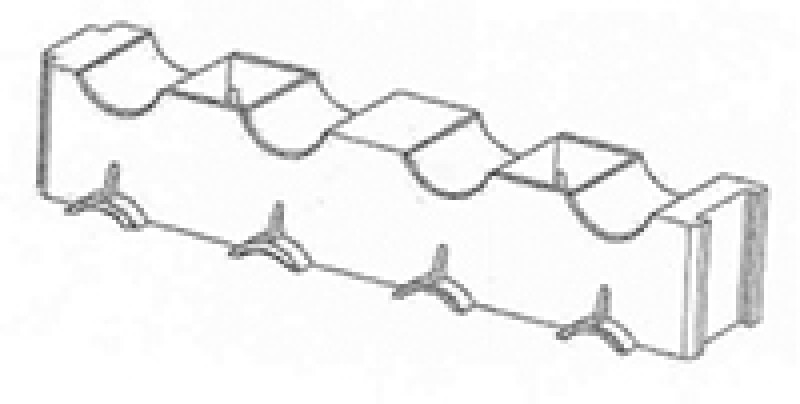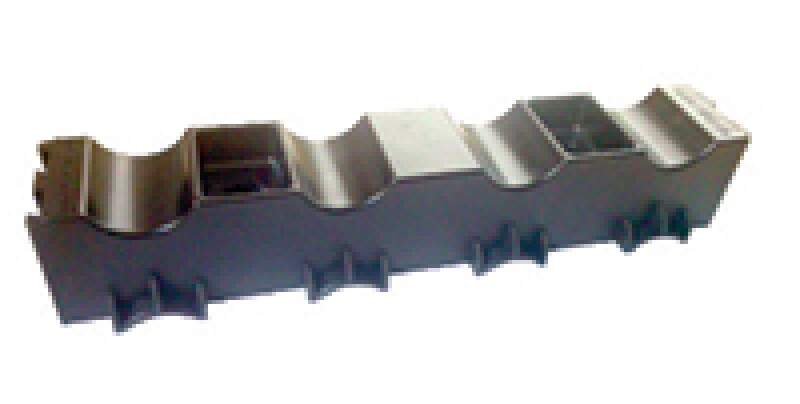In The Netherlands there are two theories concerning the scope of protection of designs with technical features, more specifically the scope of protection of their technical elements. The first one is the so-called apparaat gerichteleer (apparatus-focused doctrine). According to this theory, every design element of a product which is technical or functional should be excluded from design protection. The other one is the so-called resultaat gerichteleer (result-focused doctrine). This theory holds that design protection of technical or functional elements of a product is possible as long as there are alternative technical or functional elements at hand to achieve the same result.
It strongly depends on the product at hand, or even the court determining the scope of protection of a design, which doctrine is followed. On March 29 2016, the Court of The Hague took an appeal decision, on the basis of a possible new doctrine.
In this case a producer of cable clamps, and owner of a registered EU design for these clamps, objected to a design used by a competitor for similar cable clamps.

|

|
registered design |
objected design |
In first instance the court of The Hague decided that the design used by the defendant did not infringe the design rights of the applicant, mainly because there is a serious chance that the design registration at hand will be declared invalid for lack of individual character.
Just as in first instance the technical elements of the design were comprehensively discussed. With regard to these elements the appeal court stated that an element of a design which is defined by technical function is only exclusively defined by technical function:
1. if there is only one or a limited number of alternative technical solutions by which the same technical effect can be achieved, or
2. if there is only one or a limited number of real alternatives for the design element by which the same technical solution can be achieved. Such an alternative is not real if it concerns:
a. an addition of an element which is (from a technical point of view) meaningless, such as a decoration or thickening of the technical element; or
b. a deviation of the design of the technical element which is so marginal that it does not have its own individual character compared to the design at hand.
In this case the technical features of the registered design were considered to be exclusively defined by their technical function. This means that the registered design was not infringed. Although this possible new standard did not help the appellant in this case, it could be helpful in other cases in which a (registered) design includes one or more technical/functional features.

|
Maaike Witteman |
V.O.Johan de Wittlaan 72517 JR The HagueThe NetherlandsTel: +31 70 416 67 11Fax: +31 70 416 67 99info@vo.euwww.vo.eu










